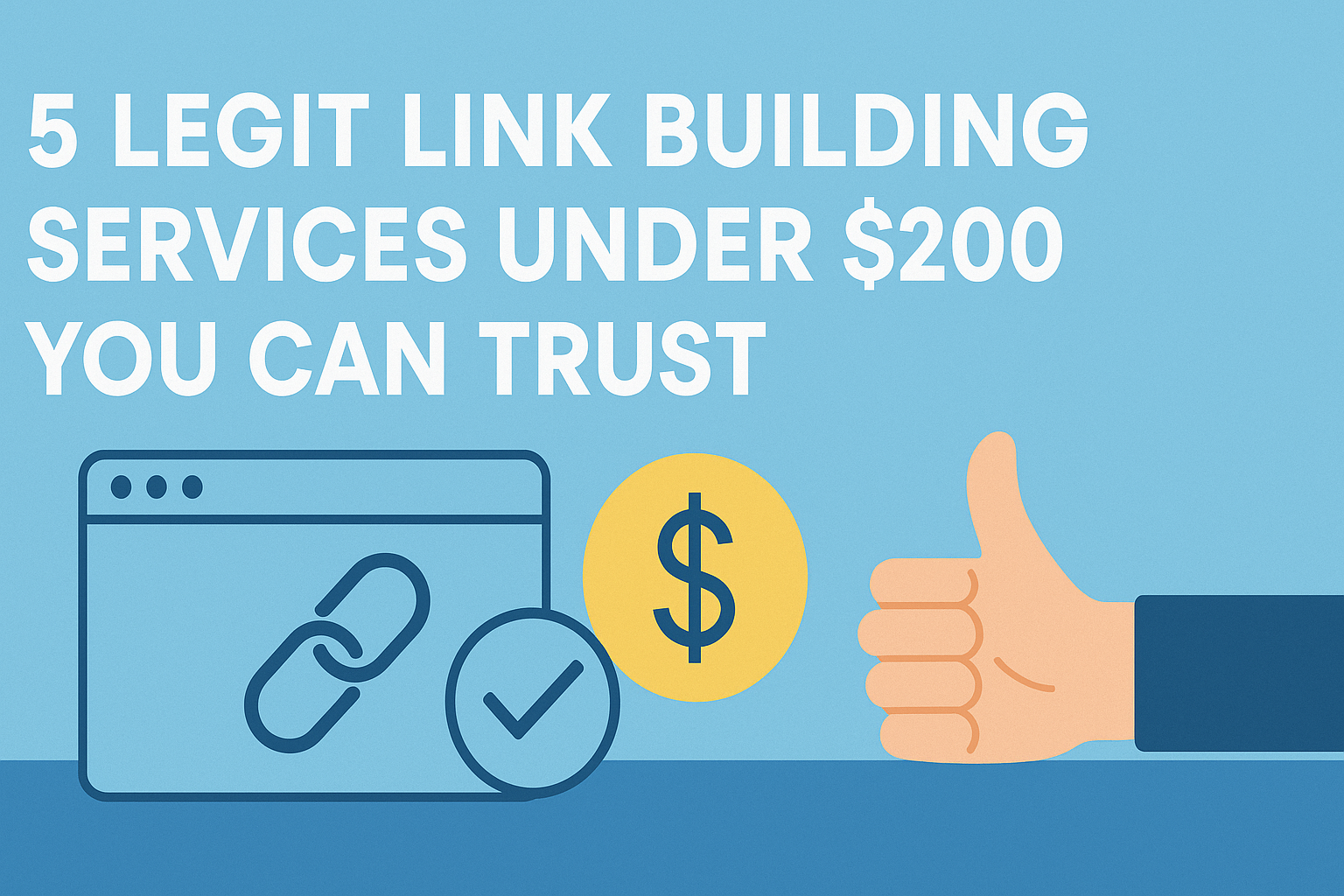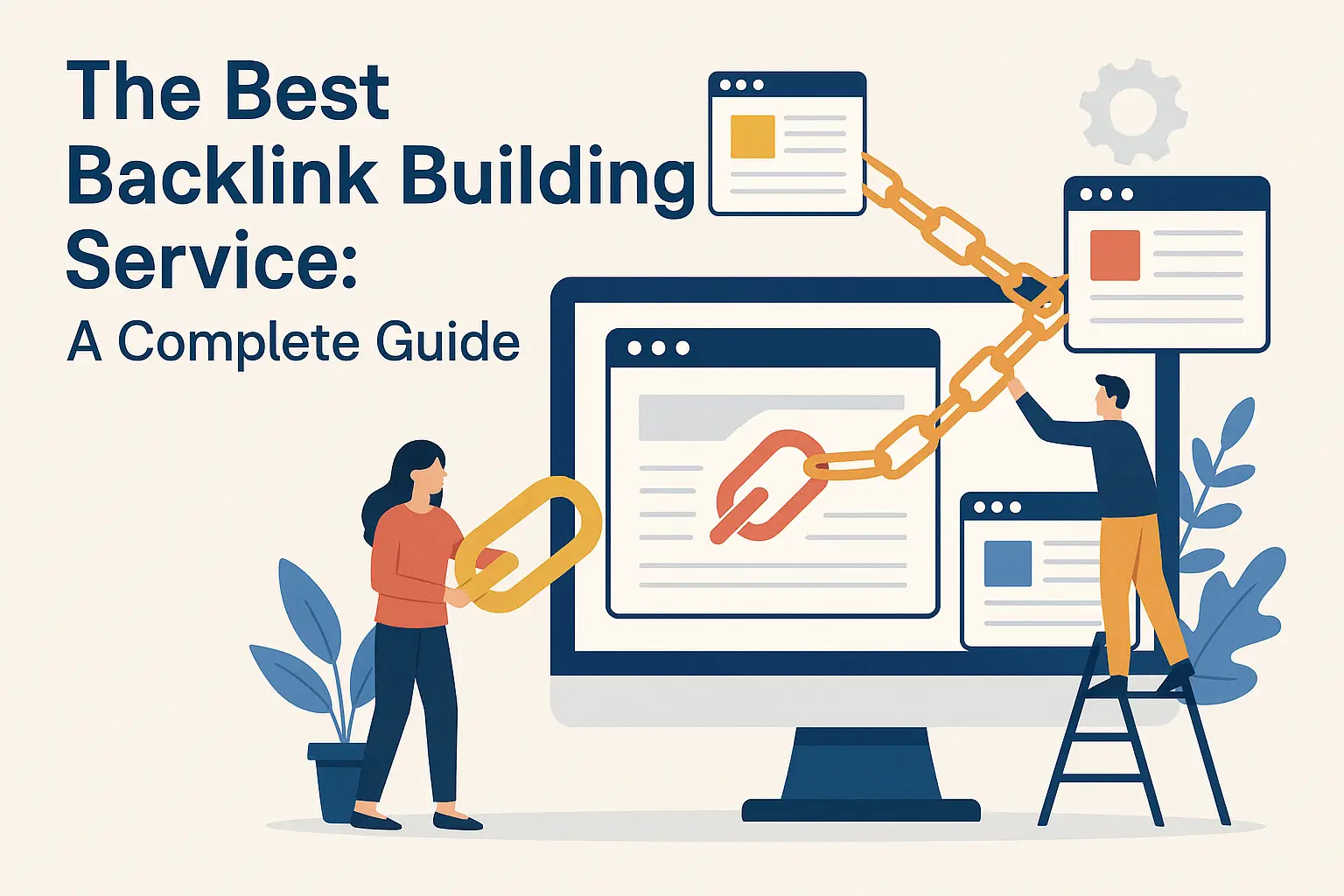Most U.S. businesses believe réglementation marketing digital is only relevant overseas, but that’s far from true. Global digital marketing laws are changing how companies collect and use customer data. With strict GDPR compliance rules, even a simple email form must follow precise guidelines. Whether you’re managing personal data and marketing for a small store or running international advertising campaigns, the law still applies.
Ignoring data protection in marketing can lead to major fines and loss of customer trust. Understanding these legal boundaries isn’t optional anymore. This article breaks down the most common myths surrounding digital regulations and explains how to avoid dangerous mistakes in your strategy.
Réglementation marketing digital refers to global digital marketing laws that govern how businesses collect and use data online. It ensures GDPR compliance, protects personal data and marketing, and enforces clear user consent. Ignoring these rules can lead to serious digital marketing fines and damage to your brand’s trust.
Table of Contents
Réglementation Marketing Digital Only Applies to Big Companies
Many small businesses believe only tech giants face rules like GDPR compliance. But that’s not true. Any company collecting customer info must follow online legal compliance rules—whether it’s a local shop running advertising campaigns or a solo digital creator. U.S. brands targeting international users are especially at risk.
Fines don’t discriminate by size. For example, a small U.K. pharmacy was fined £275,000 for poor privacy protection. So, whether you’re a startup or an agency, your team must follow global standards. European laws aren’t just for multinational corporations anymore.
A survey by Cisco found that 90% of small businesses said investing in a privacy policy improved trust. It shows that data collection compliance isn’t just about rules—it’s good for growth too.
You Can Ignore Réglementation Marketing Digital in Other Countries
Some U.S. marketers think that if they operate locally, they’re safe from international laws. However, European laws like GDPR apply if you’re targeting European citizens, even through newsletters or cookies. That’s the power of extraterritorial regulation.
Say you run Facebook ads in France. If you track users, even with basic tools, you must offer user consent and clear privacy policy disclosures. Otherwise, you risk breaking ePrivacy and marketing standards.
Here’s a comparison of major digital marketing laws by region:
| Region | Law | Applies to U.S. Companies? | Key Focus |
| EU | GDPR | Yes | Data protection in marketing |
| California | CCPA | Yes (if eligible) | Personal data and marketing |
| Brazil | LGPD | Yes | User consent, transparency |
User Consent Is Optional in Online Campaigns
This is one of the most dangerous myths. User consent is not a suggestion—it’s mandatory under most online advertising regulations. When you collect emails, track behavior, or run remarketing ads, you need clear permission.
Under ePrivacy and marketing laws, consent must be specific and informed. That means no pre-checked boxes or hidden text. Google and Facebook campaigns also require that you follow these practices to keep ad accounts in good standing.
A failure to get proper consent could lead to audits by a privacy authority. And once under investigation, non-compliance with privacy protection standards may cost far more than just a fine—it can damage your brand for years.
GDPR Is the Only Law You Need to Follow
While GDPR compliance is crucial, it’s not the only law that governs digital marketing. U.S. businesses must also consider CCPA, CAN-SPAM, PIPEDA, and more. Each law has different rules for data collection, use, and sharing.
For example, CCPA gives Californians the right to opt out of advertising campaigns and request access to their stored data. Meanwhile, Canada’s laws require clear privacy policy wording before any contact is made.
Relying on GDPR alone creates a false sense of security. Smart marketers take a multi-jurisdictional approach and update their content strategies accordingly. Compliance equals customer confidence—and that’s worth more than gold.
Fines Are Rare and Not a Real Threat
One common belief is that digital marketing fines are rare or only symbolic. But recent reports say otherwise. In 2023 alone, the EU issued over €1.6 billion in fines for non-compliance. Even U.S. tech firms weren’t spared.
Meta was fined €390 million for violating user consent protocols under GDPR. Smaller companies also paid penalties, ranging from €5,000 to €250,000, for missing privacy protection practices like cookie notices or vague privacy policy pages.
Here’s a table of real penalties from the last 12 months:
| Company Type | Violation Type | Fine Amount |
| SaaS Startup | Misused data collection | $55,000 |
| eCommerce Brand | No user consent pop-up | $75,000 |
| Email Agency | Incomplete privacy policy | $18,000 |
One Policy Fits All Platforms and Channels
Thinking that one-size-fits-all policies work across all channels is risky. What you say on your website doesn’t always cover what you collect through email, chatbots, or social ads. Each platform interacts with personal data and marketing differently.
For example, your advertising campaigns on TikTok may require separate opt-ins from your email list. Also, using data collection tools like heatmaps or retargeting pixels demands individual platform disclosure.
If your business uses multi-channel marketing, you need tailored digital communication rules and consent frameworks for each. That’s how to ensure online legal compliance while maintaining audience trust.
Legal Compliance Slows Down Marketing Creativity
Many marketers fear that legal rules limit creativity. In reality, réglementation marketing digital encourages smarter, more ethical strategies that improve ROI. Transparent brands convert better because users trust them.
Adding proper privacy protection, simplified user consent, and visible opt-outs gives your targeted audience more control. That doesn’t stifle creativity—it amplifies connection.
Brands that lead in data protection in marketing outperform laggards by 20%, according to a Harvard study. Smart compliance isn’t a barrier—it’s a brand builder.
Conclusion
Believing these seven myths about réglementation marketing digital puts your business at risk. In today’s connected world, digital marketing laws affect everyone—from startups in New York to agencies in Texas. Staying updated on GDPR compliance, privacy policy, and data collection rules isn’t optional—it’s essential. The best marketers see these rules not as roadblocks, but as tools for clarity, trust, and growth. When you build legally sound advertising campaigns, your targeted audience sees the difference—and so does your bottom line.











Leave a Reply